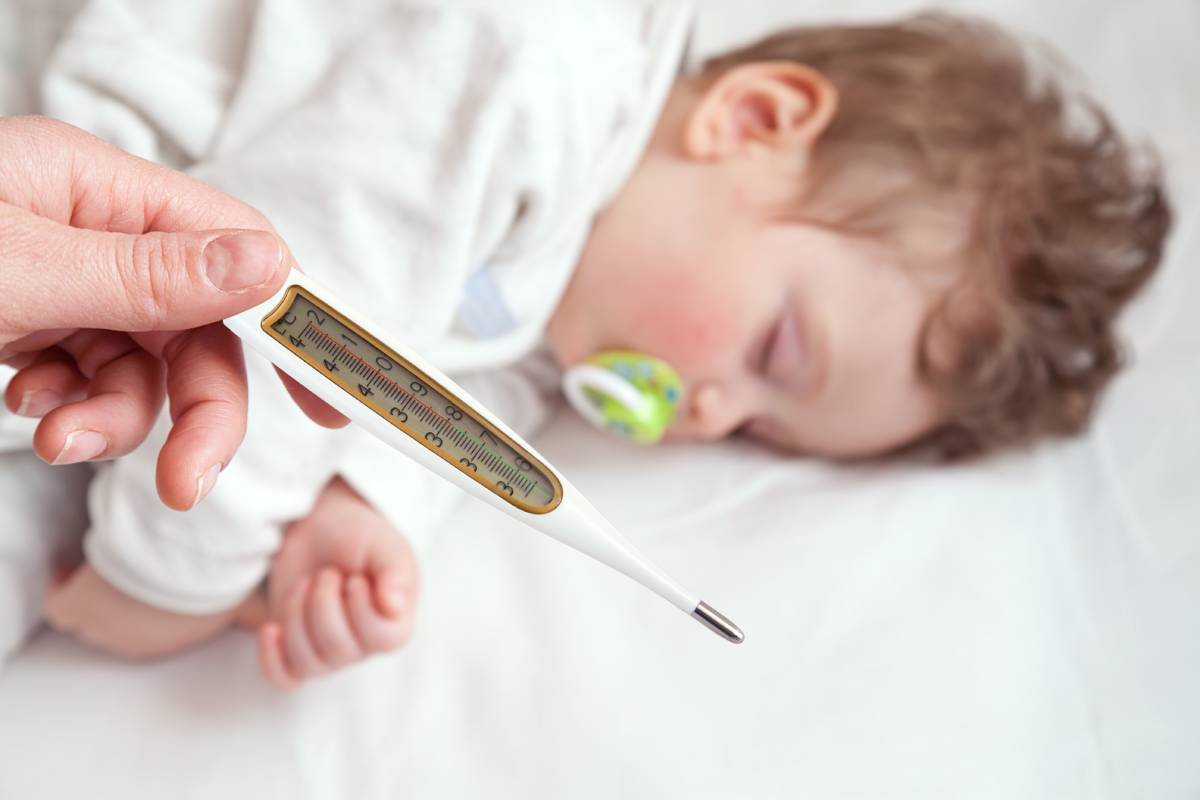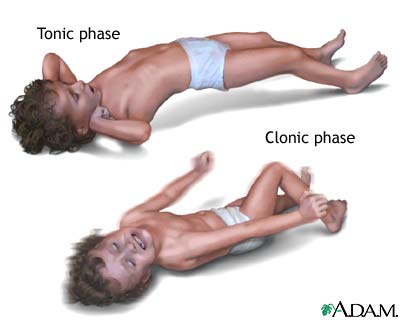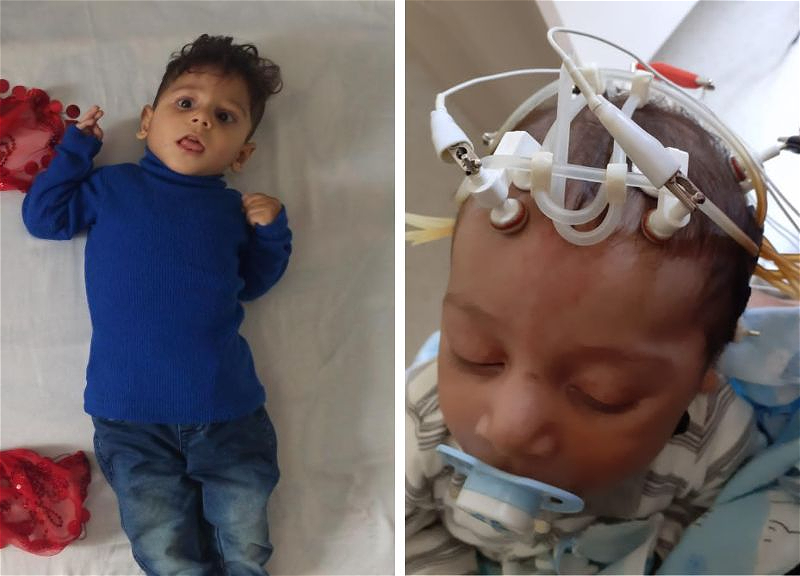Important Information About Febrile Seizures. Dr. Narmin Azizova

Your child may experience a seizure during a fever. Although this situation can be frightening for parents, febrile seizures generally do not cause lasting harm to the child. Below, we provide key information about febrile seizures. For more detailed advice, please consult your child’s physician.
What is a febrile seizure?
A seizure is a short-term, involuntary movement caused by abnormal electrical activity in the brain. If a seizure occurs due to a fever, it is called a febrile seizure. These seizures typically occur in children aged 6 months to 6 years, most commonly around 18 months, and last between 1 to 5 minutes. They are often associated with infectious illnesses that cause fever in children.
What does a febrile seizure look like?
The child may suddenly begin shaking their arms and legs vigorously. In some cases, the movements might affect only one side of the body. The child’s eyes may appear fixed and staring in one direction.

Can any child have a febrile seizure?
Yes. About 3 to 5 out of every 100 children will have at least one febrile seizure during childhood. Among those, around 30% may experience a recurrence during another fever episode. These children often have a family history of febrile seizures in parents or siblings.
In which illnesses are febrile seizures more common?
Febrile seizures can occur with any fever-causing infection. However, it’s especially important to rule out meningitis, a potentially serious infection of the brain lining—particularly in children under the age of 1. If necessary, a lumbar puncture may be performed to check for infection in the spinal fluid.
What should you do during a febrile seizure?
- Stay calm and try not to panic.
- Turn the child onto their side to prevent saliva or vomit from entering the airway.
- Loosen their clothing, especially around the neck.
- Place your hand or a pillow under the child’s head.
- Do not try to open their mouth or insert objects (e.g., fingers, spoon).
- Do not give fever medicine or a bath during the seizure—it will not help.
- Observe and note the duration and type of movements. If possible, check the time at the start and end.
- If your child has a prescribed rectal seizure medication (such as diazepam), administer it as directed and take your child to the hospital immediately.
What happens after a febrile seizure?
Most children become drowsy or confused after the seizure and may want to sleep. Make sure your child is fully awake before offering food, drinks, or medication.

Can fever-reducing medications prevent seizures?
Not necessarily. Lowering a fever does not guarantee that a seizure will not occur or will be shorter. Febrile seizures usually happen during the early phase of a rising fever, and sometimes they may even be the first sign of illness before fever is detected.
How can you reduce your child’s fever?
If your child feels warm, measure their temperature with a thermometer. If a fever is present, remove extra clothing and give a fever-reducing medication as prescribed by your doctor. For more details, see the related articles on Pediatriya.az.
Does having a febrile seizure mean my child will develop epilepsy?
In most cases, no. Only about 5 out of every 100 children who experience a febrile seizure later develop epilepsy.
Can febrile seizures damage the brain?
Although the appearance of a seizure can be distressing, studies show that short-lasting febrile seizures (less than 5 minutes) do not cause brain damage or permanent injury. However, seizures that last longer than 30 minutes or occur frequently may increase the risk of developing epilepsy.
Is EEG (Electroencephalogram) necessary?
No. An EEG is not needed to diagnose febrile seizures. Your doctor will only request it if there are atypical features or other concerns.
Is brain imaging (CT/MRI) required?
Typically not. But if the seizure does not follow the pattern of a typical febrile seizure, your doctor may recommend imaging.
Are there medications to prevent future febrile seizures?
Routine antiepileptic medications are not recommended for every child with recurrent febrile seizures. However, in special cases, your doctor may prescribe them.
Special note:
To help protect your child from infections, breastfeed exclusively during the first 6 months and ensure your child’s vaccinations are up to date.
Narmin Azizova, the founder of Pediatriya.az